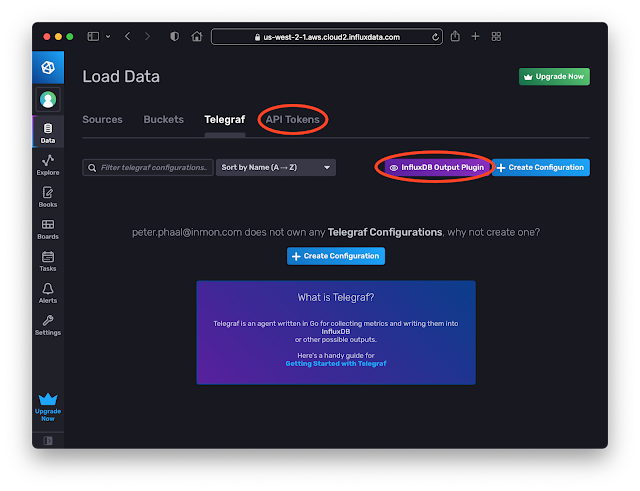0
Using CLI tools—instead of a “wall of YAML”—to install things onto Kubernetes is a growing trend, it seems. Istio and Cilium, for example, each have a CLI tool for installing their respective project. I get the reasons why; you can build logic into a CLI tool that you can’t build into a YAML file. Kuma, the open source service mesh maintained largely by Kong and a CNCF Sandbox project, takes a similar approach with its kumactl tool. In this post, however, I’d like to take a look at creating reusable YAML to install Kuma, instead of using the CLI tool every time you install.
You might be wondering, “Why?” That’s a fair question. Currently, the kumactl tool, unless configured otherwise, will generate a set of TLS assets to be used by Kuma (and embeds some of those assets in the YAML regardless of the configuration). Every time you run kumactl, it will generate a new set of TLS assets. This means that the command is not declarative, even if the output is. Unfortunately, you can’t reuse the output, as that would result in duplicate TLS assets across installations. That brings me to the point of this Continue reading

